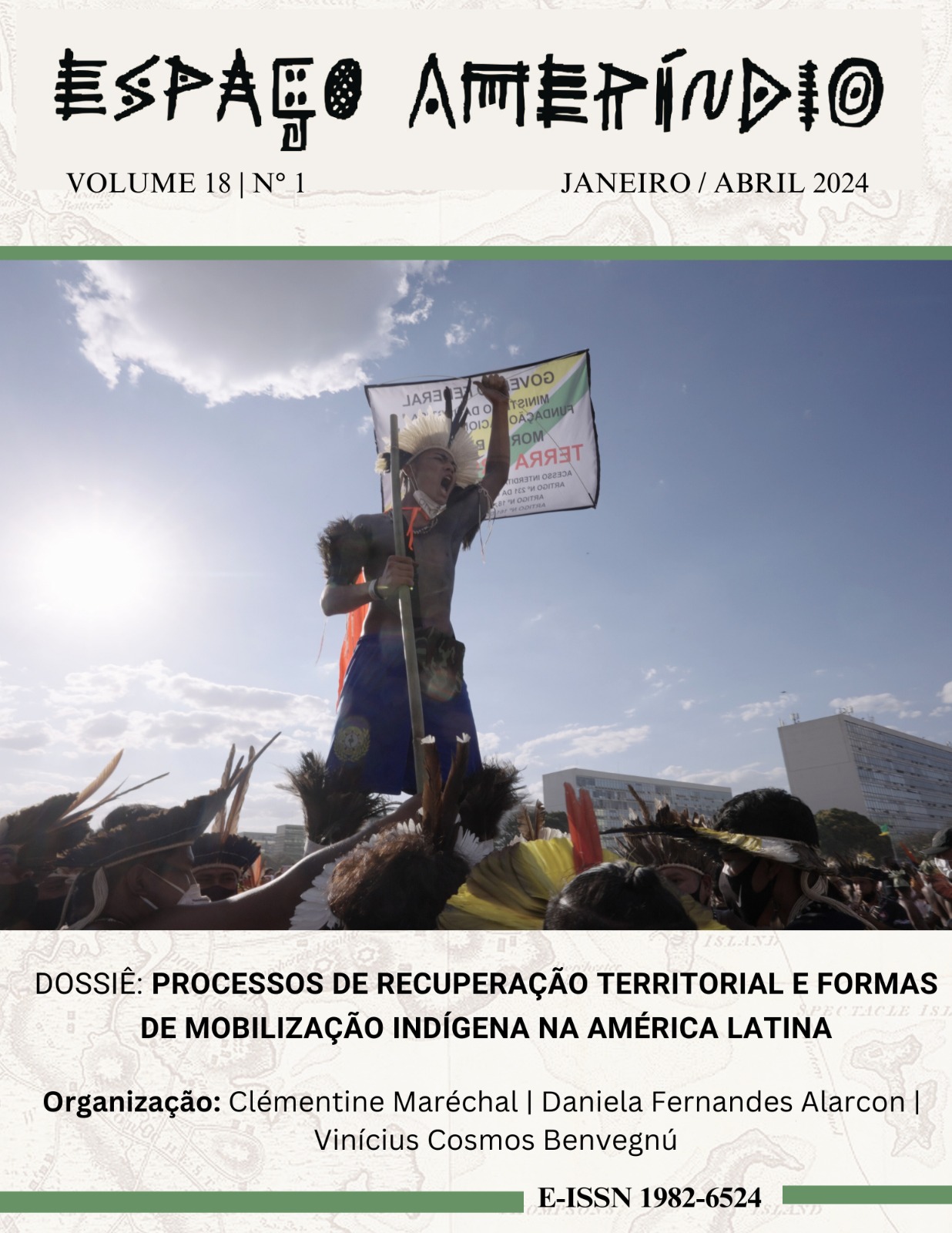The indigenous health care in Southern Brazil by the Brazilian State (1940-1977), between omissions and violence
ENTRE OMISSÕES E VIOLÊNCIAS
DOI:
https://doi.org/10.22456/1982-6524.135090Abstract
This article is the result of a research on the action of the Brazilian State in health care for the indigenous population in southern Brazil in the 20th century. The time frame - 1940 to 1977 - follows the period when the Indian Protection Service (SPI) was present in indigenous lands, with its administrative structures, incorporating the first decade of the actions of the National Foundation of Indigenous Peoples (Funai), until the creation of the Parliamentary Inquiry Commission in the National Congress (CPI), in 1977. We used the internal bulletins of the Indian Protection Service (1941-1966), the CPIs in the National Congress of 1963, 1968, and 1977, the CPI that occurred in the Legislative Assembly of the state of Rio Grande do Sul in 1968, and the Figueiredo Report between 1967-1968. We collect theoretical references of indigenous history to understand how the indigenous acted in this process, founding that the diseases that affected them were generated by the processes of violence, territorial dispossession and theft of the natural wealth of their lands with the active participation of the Brazilian State.




